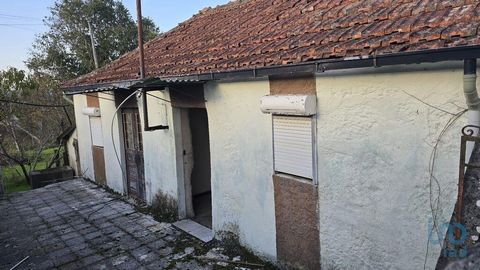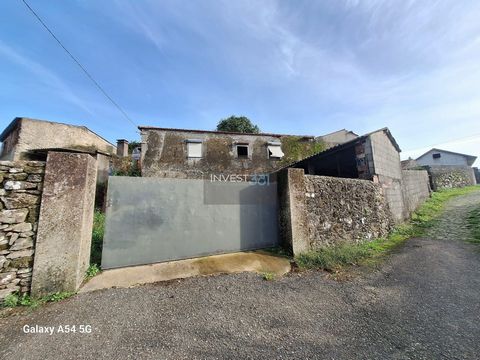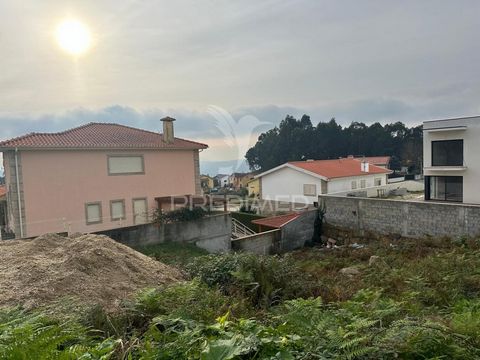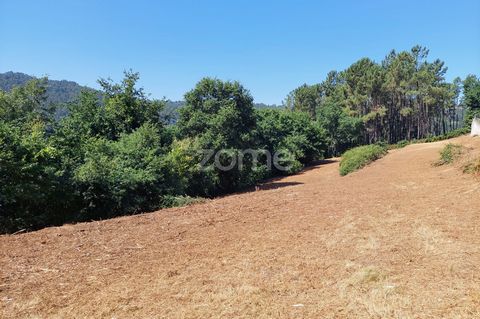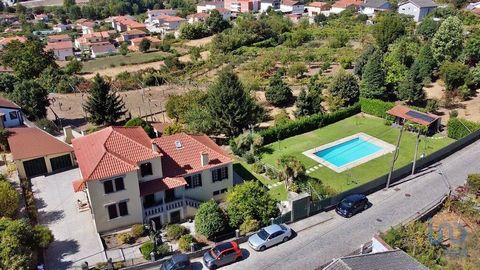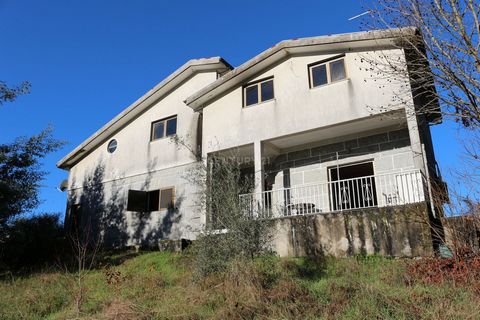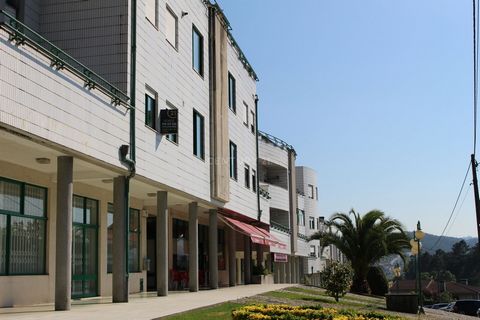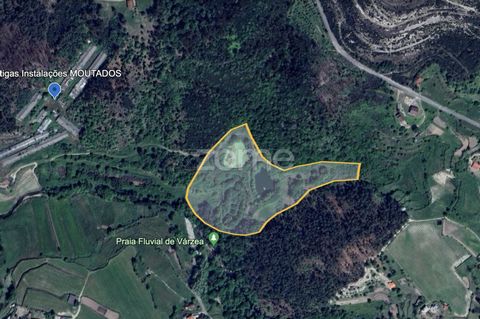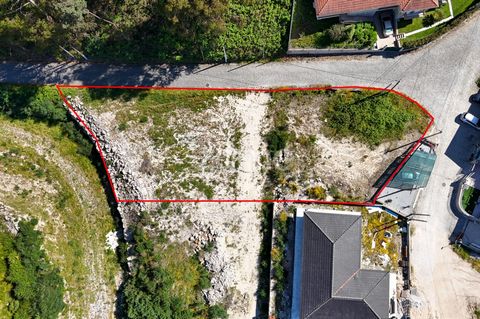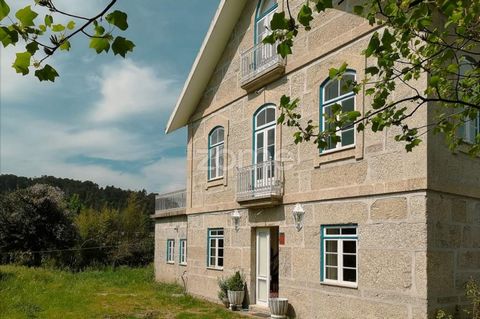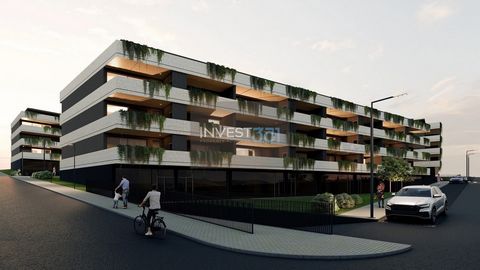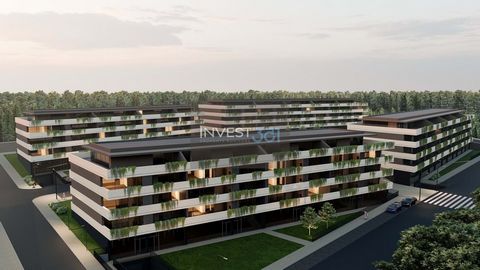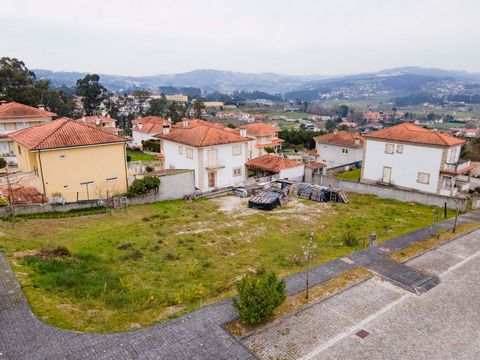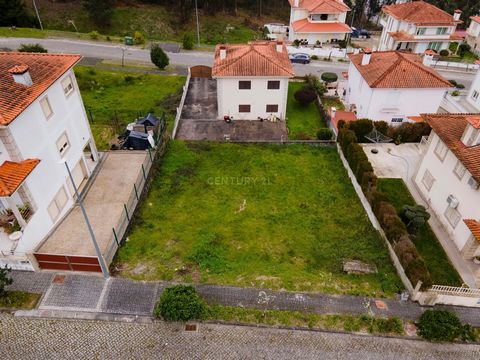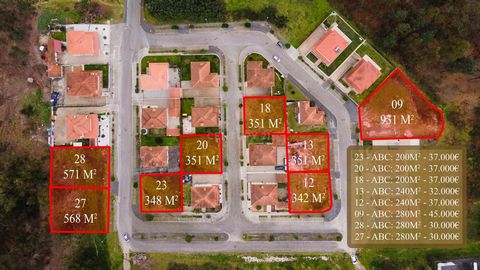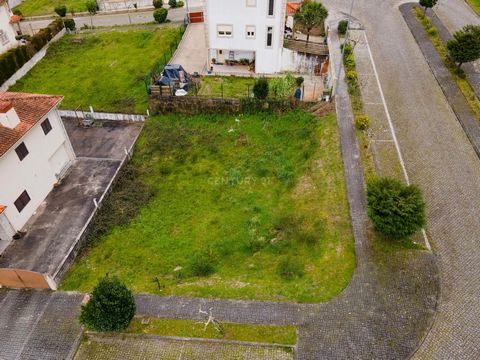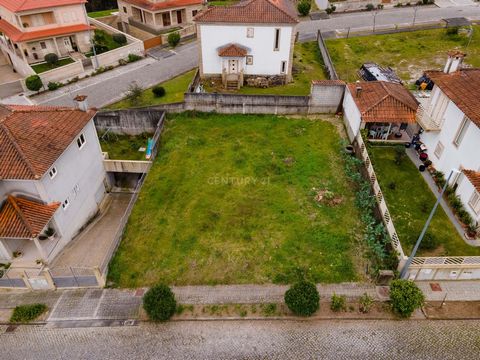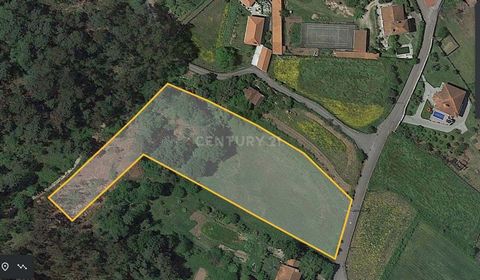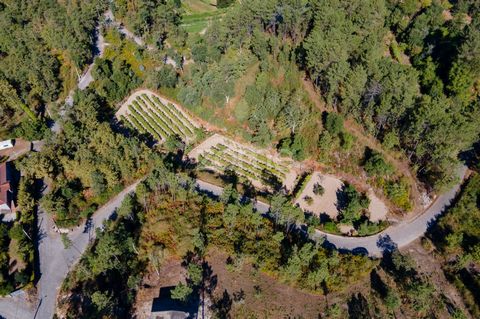Identificação do imóvel: ZMPT565886 Discover the rustic charm and historic elegance of this century-old property located in Soutelo, Amarante. Just a few minutes from the city center and a prestigious golf course, this house offers a privileged location with excellent access. With unique and distinct architectural details, every corner of this residence tells a story, inviting you to imagine the memories that the walls have witnessed over the years. A great investment for a rural hotel or even a new home for those who value peace and contact with nature, without giving up urban conveniences. Have you ever thought about making your experience in Amarante more permanent? This city can be your home. Amarante is a municipality that can provide you with an excellent quality of life, and that has open arms to welcome you. These are some reasons why it is worth considering living in Amarante: If you don't want traffic to be a concern, if you want to live in a place where you feel safe, if you want to breathe high quality air, or if you want to have a lower cost of living, Amarante is a destination to consider. Designated a UNESCO Creative City since 2017, Amarante has a great deal of experience in the world of Arts. Living here you can count on a rich cultural program, of which the MIMO Festival is one of the highlights, with interesting exhibitions at the Amadeo de Souza-Cardoso Museum. If you value contact with Nature, Amarante is a very privileged territory. From the city center, densely wooded and in harmonious connection with the Tâmega River, to the imposing Serras do Marão and Aboboeira, there are many opportunities to reconnect with nature and enjoy it consciously. Due to its long history, and the very present Amarantina identity, this is a place rich in traditions, festivals and pilgrimages to discover. Gastronomy is one of Amarante's greatest assets, with highlights being the centuries-old Doces Conventuais de Amarante, Vinho Verde, but also the range of places for snacks and restaurants, including one with a Michelin star. From the most traditional and popular gastronomy to the most refined, there is no shortage of options. The offer of leisure equipment in Amarante is very varied. Here you can practice golf on an 18-hole course, dive into one of the Aquatic Park's activities, enjoy the thermal waters at Termas de Amarante, or visit one of the municipality's various sports facilities, whether to practice canoeing, football, tennis, beach volleyball, or mountain biking. Year of construction: 1937 Construction area: 436m2 Implementation area: 176m2 Total land area: 3864m2 Energy Rating: F Composed by: Ground Floor: Traditional kitchen: 16.40 m2 Kitchen: 16.20m2 Entrance hall: 7.80m2 Office: 20.30m2 Pantry: 4.00m2 Common Room: 63m2 1st Floor: Bathroom: 5.50m2 Hall Distribution: 7.50m2 Office: 2.80m2 Bedroom 1: 16.20m2 Bedroom 2: 15.80m2 Distribution Hall: 13.50m2 Bedroom 3: 18.30m2 Bedroom 4: 22.40m2 2nd Floor Bedroom 5: 11.80m2 Bedroom 6: 10.90m2 Distribution hall: 6.50m2 Bedroom 7: 10.90m2 Bedroom 8: 16.20m2 For more information, I am at your disposal. 3 reasons to buy with Zome: Constantly accompanied With the best training and experience in the real estate market, Zome’s agents are fully dedicated to providing you with the best assistance, guiding you with full confidence in the right direction to meet your needs and ambitions. From here onwards we will create a close relationship and carefully listen to your expectations, because our priority is your happiness! Because it is important that you feel you are being accompanied, and that we will be with you every step of the way. Simpler Zome’s agents are given unique training on the market, based on practical experience sharing between professionals and strengthened by applied neuroscientific knowledge that allows them to simplify and make their real-estate experience more effective. Forget about bureaucratic nightmares because with Zome you have the total support of an experienced and multiskilled team that gives you practical support in all the essential aspects, so that your real estate experience exceeds your expectations. Happier Rid yourself of your worries and earn the quality time you need to do whatever makes you happier. We work every day to bring added value to your life by giving you the reliable advice you need, so that together we can achieve the best results. With Zome you will never feel lost or unaccompanied and you will gain something that is priceless: your complete peace of mind! That is how you will feel throughout the whole experience: Calm, secure, comfortable and... HAPPY! Notes: 1. If you are a real estate agent, this property is available for business sharing. Do not hesitate to show it to your customers and talk to us to book a visit. 2. To make it easier to identify this property, please quote the respective ZMPT ID or the respective agent that sent you the suggestion Features: - Terrace
